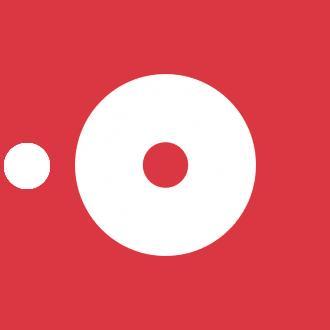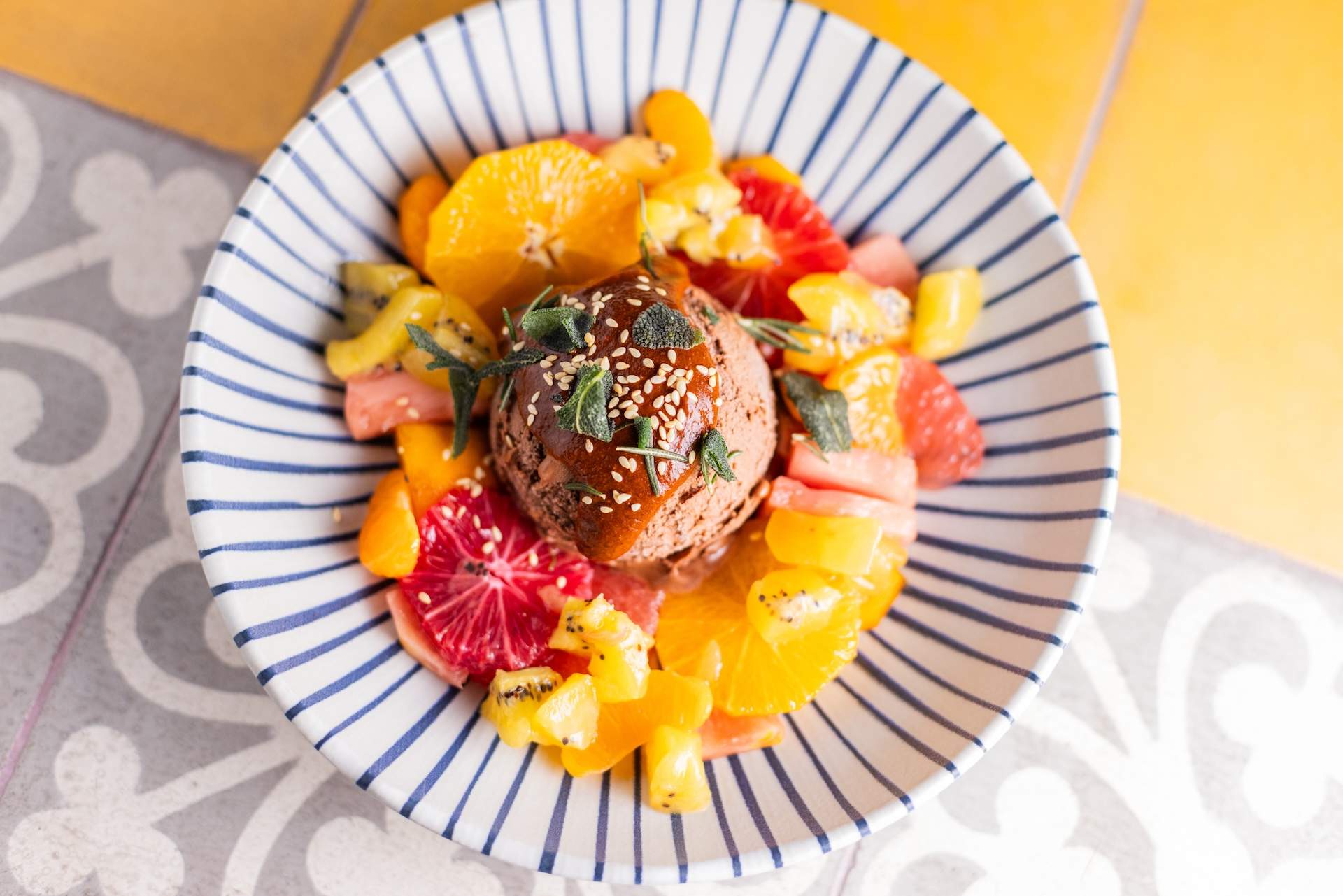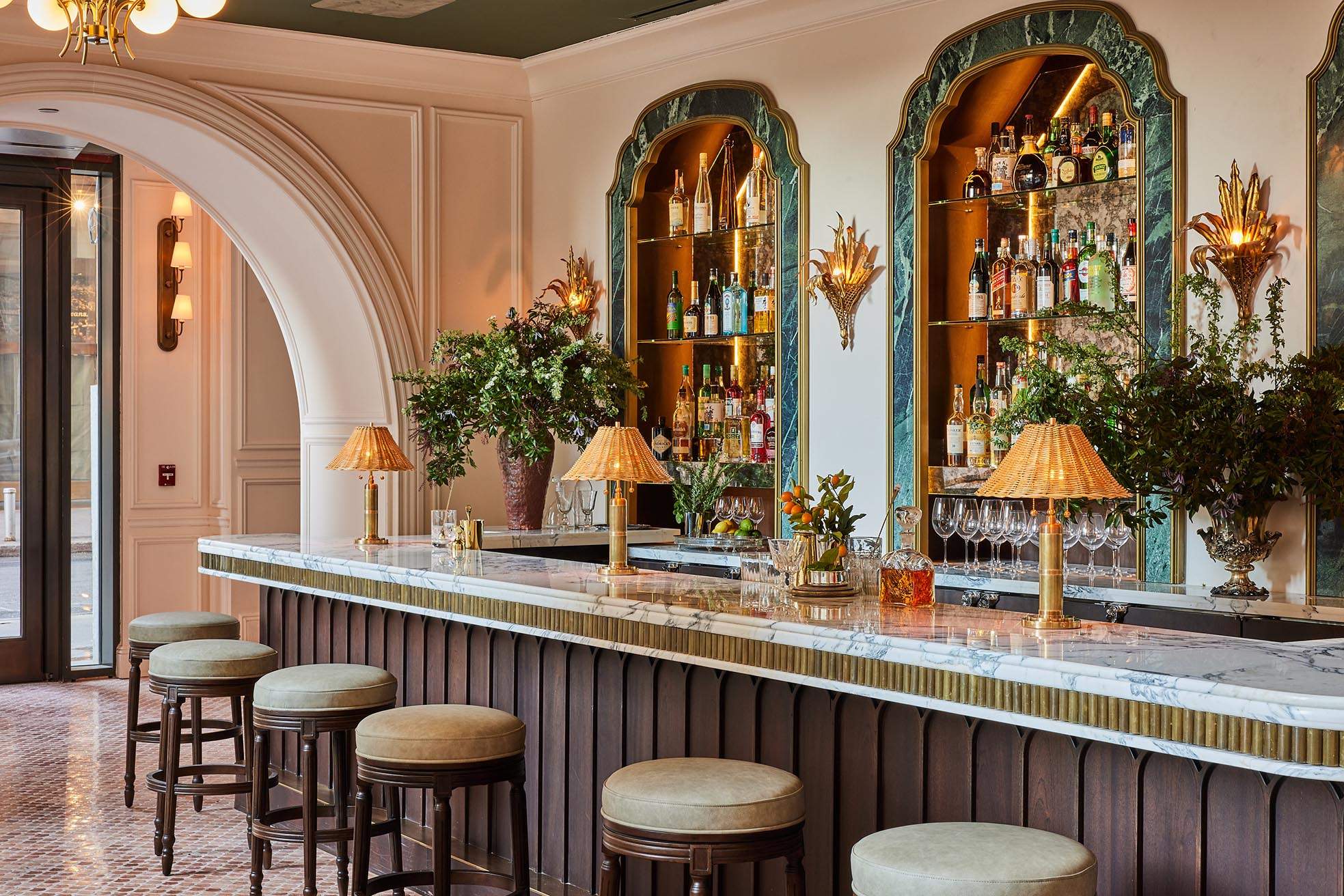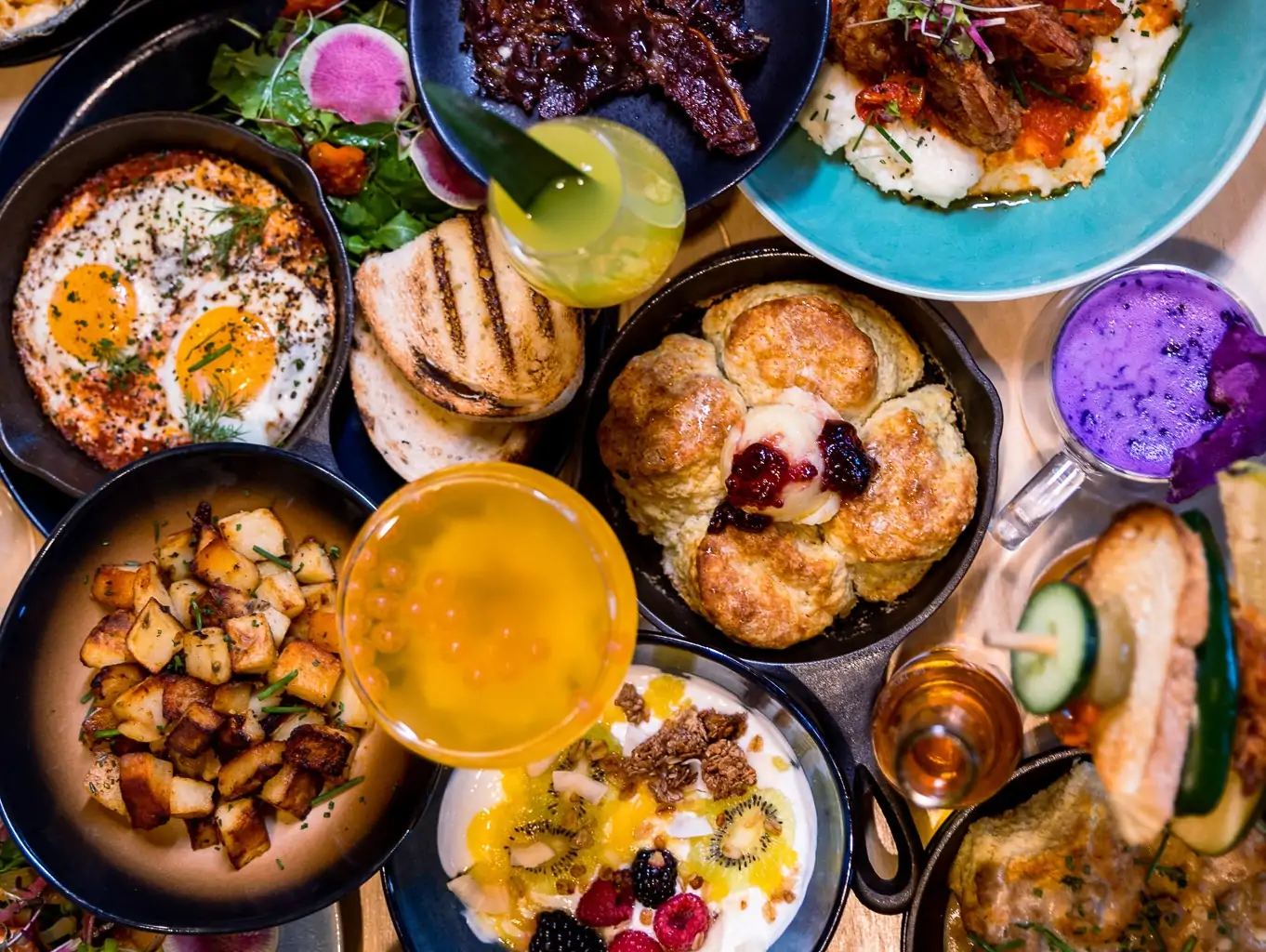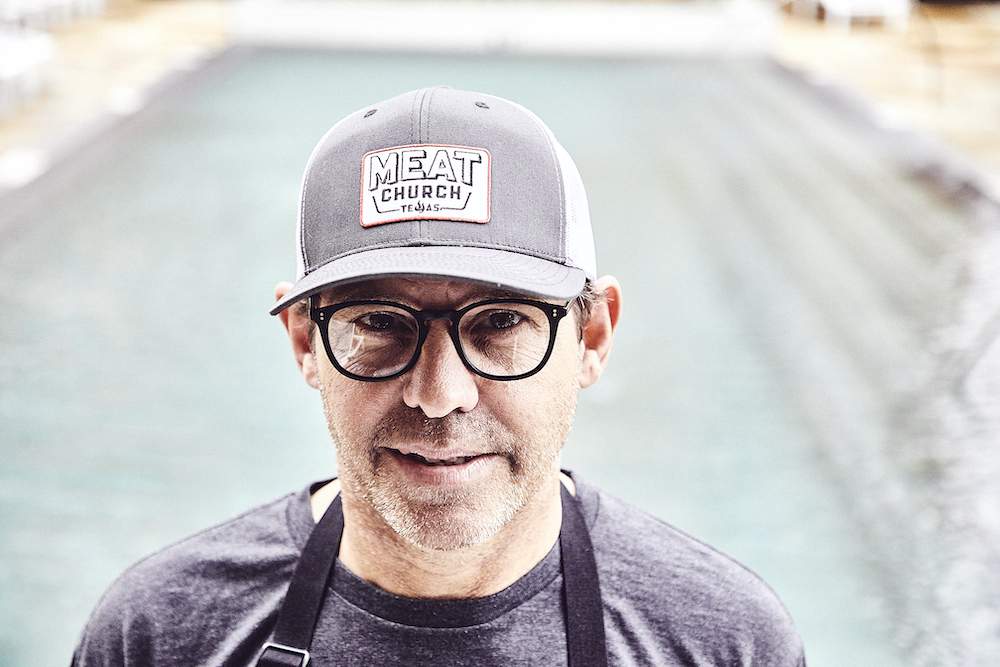
The coronavirus pandemic has shown that for restaurants, community comes first – including staff, guests, and professional peers. Operators are quick to stand in solidarity and share struggles and successes. As part of OpenTable’s partnership with Top Chef’s Restaurant Wars, we tapped into that spirit of generosity, asking chefs to tell us about the ups and downs of their careers: lessons learned, mistakes made, and their personal evolution along the way. Hear their stories, get inspired, and find resources to help in uncertain times here.
John Tesar started out as a dishwasher, working to support his surf and ski lifestyle, but he never left the kitchen. He cooked in New York and Las Vegas before taking the helm at The Mansion on Turtle Creek in Dallas, where he found his place on the culinary map. In 2014, Tesar opened Knife, a steakhouse reinvented with Texas-raised beef and specialty cuts at the Highland Dallas hotel.
In 2012, Tesar competed on Season 10 of Top Chef, and four years later he returned for Season 14. Though he never took home the top prize, he learned plenty about media, entertainment, and success in the business. Read on for his insights.
What’s the best advice you’ve ever received?
To work hard and be genuine at what you do. We live in a world consumed with fame and notoriety, and people mistake that for recognition of their work. You have to understand the difference between entertainment and the actual running of a restaurant.
How do you stay genuine in what you do?
It’s how you conduct yourself and relate to people and express gratitude and share the good things in life with other people. In the restaurant business you do that with your restaurant family, coworkers, and peers. People have lost sight of that.
What is consuming them instead?
People are getting saturated with celebrity chefs, and fine dining has died except for a few key places. Social media is like a silent arrogance – you put up 20 pictures of something that doesn’t taste good, and you’re an artist.
You know, food television doesn’t pay a lot of money. And the winner is not always the best chef on the show. You see a lot of people on Top Chef who are probably really good cooks, but they have no personality or they don’t like competitive environments. When you get to the end, it’s very produced. They decide who’s marketable for them. It’s a dangerous thing for the longevity of [the business] because that’s an easy formula to replicate with money. Real restaurants aren’t created with money but with talent and passion and vision.
As someone who’s straddling that line between chef-restaurateur and entertainer, how do you maintain perspective?
It’s been horrific for me. It’s funny that people think I have this huge ego, because it’s just a defense mechanism about what I’ve had to do to survive. This business will come at you all day long with politics and favoritism.
You could complain, but you have to adapt to it. The restaurant business is constantly changing. We’ve created this disposable side, which is not necessarily good for the public or the restaurant, but it’s good for the people who design restaurants, build restaurants, promote restaurants, and give awards to restaurants.
How does that impact chefs?
People don’t give themselves time to put together a real body of work. You see so many spikes and failures. You’re on the cover of magazines, and six months later you’re out of business.
Food is not subjective. It either tastes good or it doesn’t. People are so caught up in the emperor’s new clothes, what’s new and happening. I learned a long time ago that the most important thing is not to worry about what everybody else is doing and to focus on your work. When I was younger, I would be like, why did that guy win that award? It’s a distraction and a waste of your time. The more you can remove these things from your psyche in this business, the better you’ll be.
It sounds like you focus less on the peaks and valleys and more on aggregate experience.
The body of work is what’s always been important. But notoriety, celebrity, television, and personality have pushed it all aside. When I left the Mansion, I thought my career was over. I was shunned by one of the biggest hotel companies in the world, and D Magazine wrote a story about it, put me on the cover, and people jumped on it. Top Chef came after me because I was the most hated chef in Dallas. There are moments where outlandishness will catch you in opportunities, but it’s what you do with it.
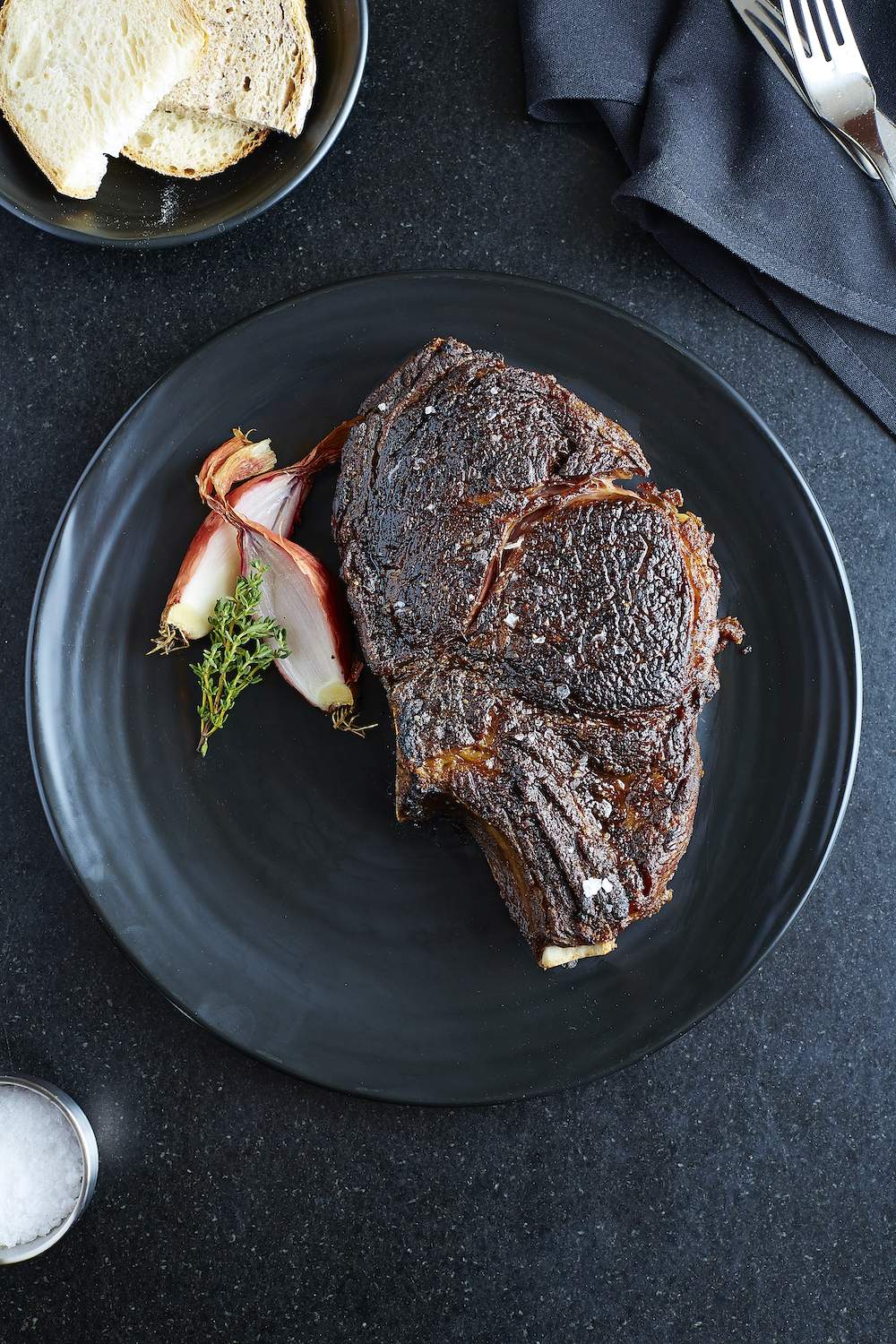
With steakhouses, there’s so much competition. How do you think about taking something familiar and improving on it, or presenting it in a way that sets you apart?
Simplicity. You have to have a mix of people in a restaurant; you can’t just cater to one group of people. Concept is number one, location is number two, and then you have to run the numbers before you start. I’d rather have a full restaurant and not one award on the wall – my customers and my five-star reviews and the endless stream of people appreciating Knife.
What’s the biggest mistake you’ve made in your career? What did you learn from it?
Worrying about what other people do and doing things more for ego or out of desperation than with a sense of rational thought. Being too spontaneous because I thought I had the answer.
You never have the answer, your customers have the answer. You have to be very clear on your goals. Not everybody is going to like you. You’ve got to toughen yourself up.
What’s your take on the increasingly popular meatless meat movement? Will we see meatless burgers in your restaurants?
We use Hungry Planet on the burger menu. The steakhouse is one restaurant that has a longer shelf life than most because we’re carnivores. You can eat all the Impossible Burgers you want, but the majority of the public is coming back for a potato or a piece of red meat.
How have you continued learning and growing?
I’ve always wanted to reinvent myself. When I go to other restaurants and cities, I’ll come back to my crew and show them pictures – how they clean the kitchen, how the staff dresses, how they talk to each other. It’s respectful and professional. Food always comes first. The day the food’s not good, I’ll try to fix it. The restaurant business is hard enough. We don’t need geniuses.
What have you learned training a new generation of chefs?
Kids today really have to go back and understand culinary history, because we’re losing a view of what classical cuisine is. I run a steakhouse and for six months I had to make Béarnaise sauce every night because people didn’t know what it tasted like.
Corporate America has had a huge effect on restaurant business. The working conditions are probably better. Is the food better? No, because it takes a little pain to make good food at that level. We sacrifice the pain for a little mediocrity. We’ve backed off on discipline and scrutiny, and it’s affected the quality.
What’s your focus right now?
My focus for the next five years is to make both restaurants in Dallas successful. Everyone asks, are you going to keep opening? I’m just doing what I think will work. My main priority is the people that work for me, because without them, I’m nothing. That’s when you know you’re really successful: when you start giving back to the people who helped you get where you are.
When you’re down, work harder, focus, figure it out. When you’re on top, that’s when you give back. That’s what I’m most appreciative for – whether it be divine intervention or just 40 years of hard work, I can rest a little easier for the first time in my career.
How do you think about your own longevity in this business?
I’m going to be the last man standing. How do you retire as a restaurateur and chef? You’ve got to die in the restaurant, in the walk-in at the end of service. At least you’d be preserved for a few hours.
